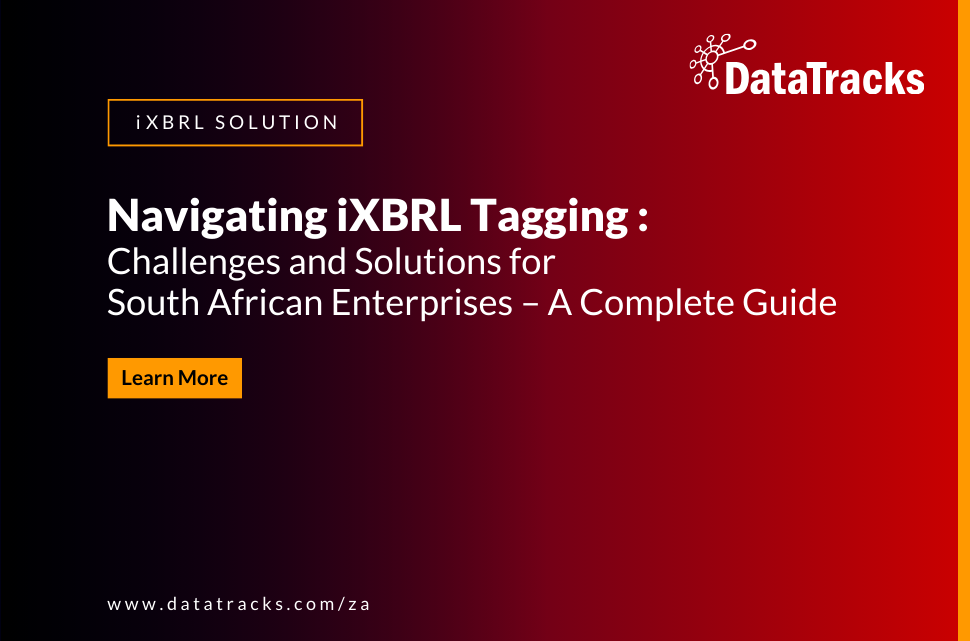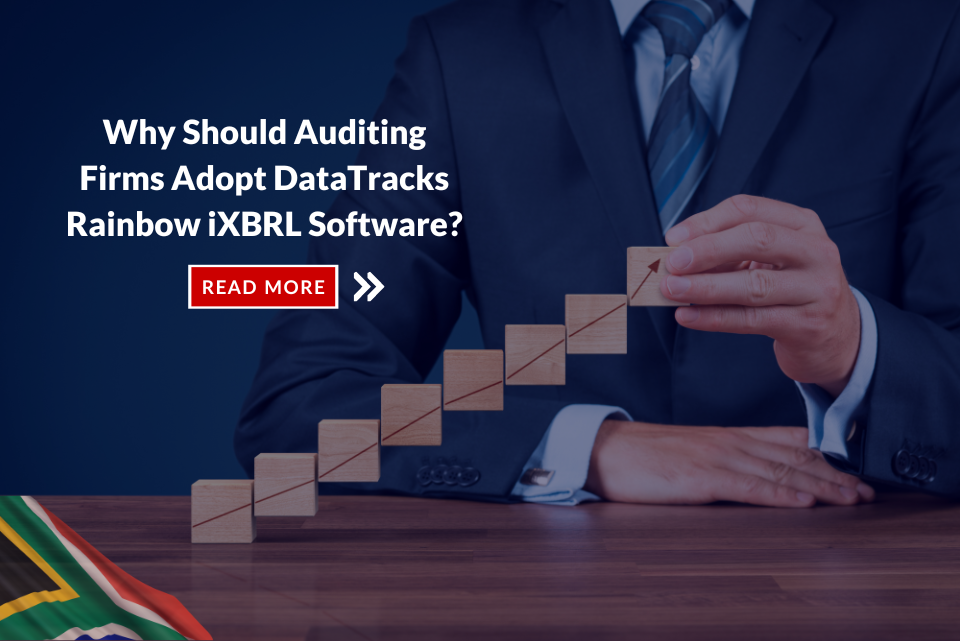How to Calculate Public Interest Score for CIPC
South African businesses, as per the Companies Act of 2008, are required to calculate a Public Interest Score (PI Score) and submit it alongside their financial statements to the Companies and Intellectual Properties Commission (CIPC). This PI Score acts like a public spotlight on your company, indicating the level of public interest it generates. It has a real impact, influencing whether your financial statements need a full audit or a less rigorous independent review. The PI Score also plays a role in determining the applicable financial reporting standards. Additionally, companies with a high PI Score may be required to establish a Social and Ethics Committee to ensure responsible business practices.
The primary issue to address is – How to calculate PI score? Let’s find out.
Calculating the PI Score for Your Company
A company’s PI Score is calculated with the help of a point system. Various financial parameters are given points that are added to find the overall Public interest score regulation 26 score of the company. These structural and financial parameters include:-
Number of Employees
The first parameter used in calculating the PI Score is the number of employees in a company. However, if this number varies every year, the average number of employees is taken into consideration. After arriving at the average number of employees in the company, one point is allotted per employee.
Here’s how it works:
- Employee Count: The average number of employees over a financial year is calculated, reflecting the company’s role as an employer. One point is awarded for each employee, highlighting the company’s workforce contribution and impact on the economy.
- Regulatory Implications: A higher PI Score, resulting from a larger workforce, necessitates stricter oversight. This ensures accurate financial reporting and reinforces the company’s transparency.
Number of Employees parameter in the PI Score calculation underscores the company’s role in the labor market and its need for transparent financial practices.
Third-Party Liabilities PI Score
The Third-Party Liabilities PI Score is a crucial component in calculating a company’s Public Interest (PI) Score. At the financial year-end, the total amount of third-party liabilities is calculated. After which, one point is assigned for every R1 million (or portion thereof) in the third-party liabilities of the company.
Here’s how it works:
- Liability Calculation: At the end of the financial year, the total amount of third-party liabilities is determined. These liabilities include debts and obligations to external entities, reflecting the company’s financial responsibilities.
- Points Allocation: One point is assigned for every R1 million (or portion thereof) in third-party liabilities. This emphasizes the company’s financial obligations and their impact on its PI Score.
- Significance: A higher amount of third-party liabilities results in a higher PI Score, highlighting the company’s broader financial role and necessitating more stringent regulatory oversight.
Third-Party Liabilities PI Score reflects the company’s financial obligations, contributing to its overall PI Score and determining the level of oversight needed for accurate and transparent financial reporting.
Turnover
A company’s total turnover is the next parameter for calculating the total PIS Score. One point is allotted for every R1 million (or portion thereof) in a company’s total turnover during the financial year.
Here’s how it contributes:
- Turnover Calculation: A company’s total turnover during the financial year is calculated. This figure reflects the company’s economic activity, including its sales revenue and overall financial performance.
- Points Allocation: One point is awarded for every R1 million (or portion thereof) in turnover. This highlights the company’s role in the marketplace and its influence on the economy.
- Significance: A higher turnover contributes to a higher PI Score, emphasizing the company’s financial importance and necessitating appropriate regulatory oversight.
Total Turnover parameter plays a crucial role in the PI Score calculation, reflecting the company’s economic activity and guiding the level of regulatory scrutiny required for accurate financial reporting.
Number of Stakeholders
At the end of the financial year, companies calculate the total number of stakeholders. For a profit company, these can be the individuals who have a direct or indirect beneficial interest in the company’s issued securities. On the other hand, for a non-profit company, these individuals can be members of the company. One point is assigned per individual having a beneficial interest in the company.
Here’s how it works:
- Stakeholder Calculation: At the end of the financial year, companies calculate the total number of stakeholders:
- For profit companies, these include individuals with direct or indirect beneficial interests in the company’s securities.
- For non-profit companies, these include the company’s members, who have a vested interest in its operations.
- Points Allocation: One point is assigned per stakeholder. This highlights the company’s influence on individuals and groups with a financial or other beneficial interest in its operations.
- Significance: A higher number of stakeholders results in a higher PI Score, underscoring the company’s broader impact and necessitating greater regulatory oversight.
Number of Stakeholders parameter plays a crucial role in the PI Score calculation, reflecting the company’s influence on various interest groups and guiding the level of regulatory scrutiny needed for accurate financial reporting.
The points mentioned above are added to arrive at the total PIS Score of the company during the 12 months making up a financial year. The higher the PIS Score, the higher the requirement for regulating financial statements through review and audit.
These requirements are also dependent on various other factors. For instance, a non-owner-managed company with a PI Score of 100-349, having an internal FS compilation, must be audited. However, a non-owner-managed company with an independent compilation can review its FS independently. Similarly, with a PI Score of 350, it becomes mandatory for private businesses to get audited.
Time to Seek Expert Guidance – Free Public Interest Score Calculator:
The PI Score acts as an indicator of a company’s public interest. Calculating the PI Score is essential as it identifies the reporting regulations and requirements for a company. Therefore, it becomes crucial to calculate this score with sound judgment and knowledge. Enter DataTracks South Africa…
With an experience of 19+ years and 28,000+ clients, DataTracks assures quality and reliability in its iXBRL filing solutions. To learn more about calculating the PIs Score for your company, seek professional guidance by speaking to a DataTracks expert at @+27-10-446-9061 or visit the website https://www.datatracks.com/za/pis-calculator/.




